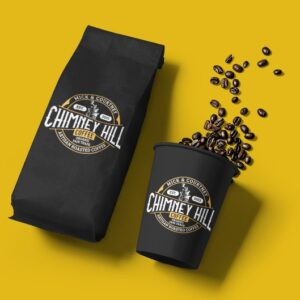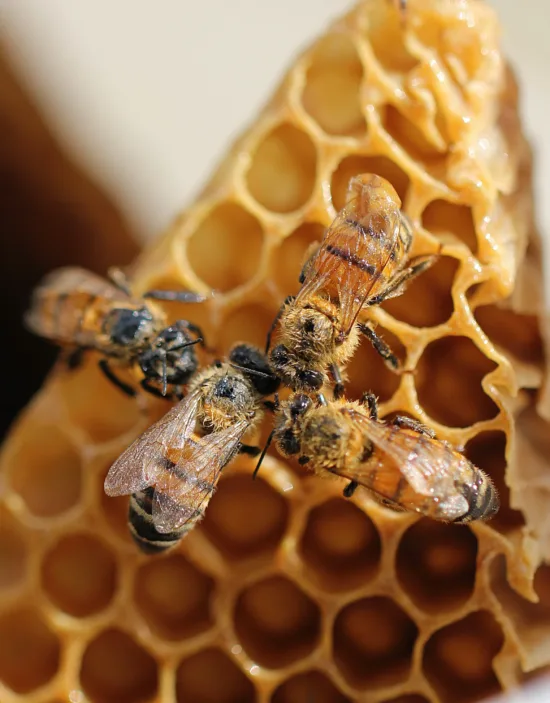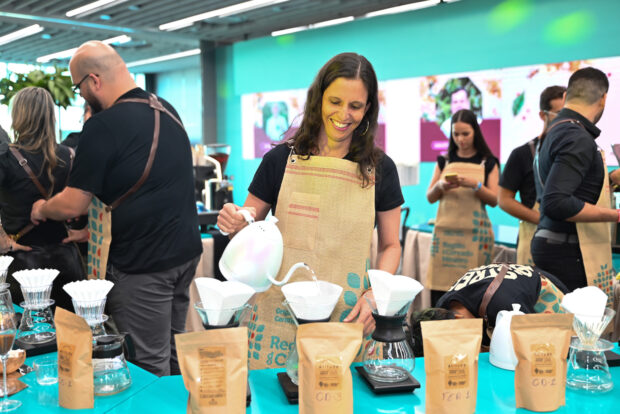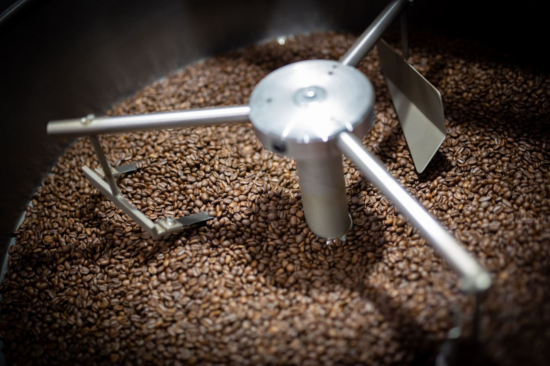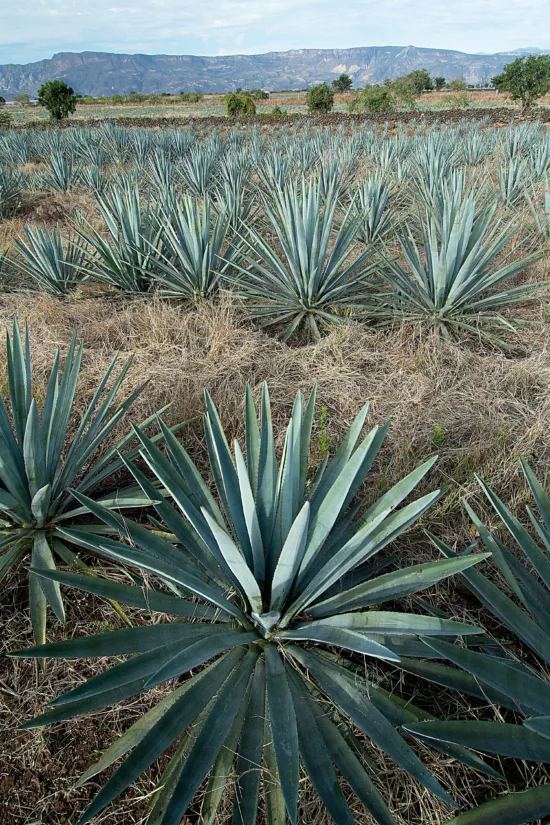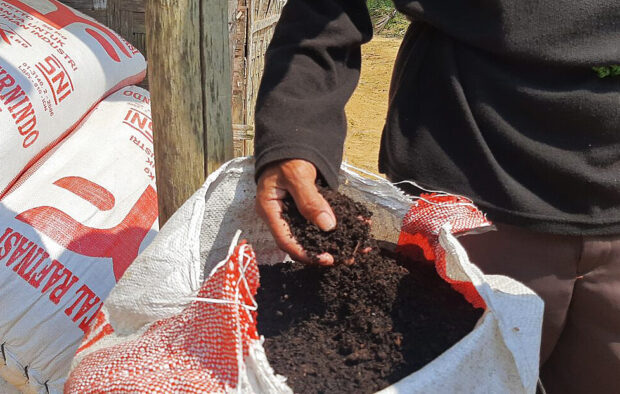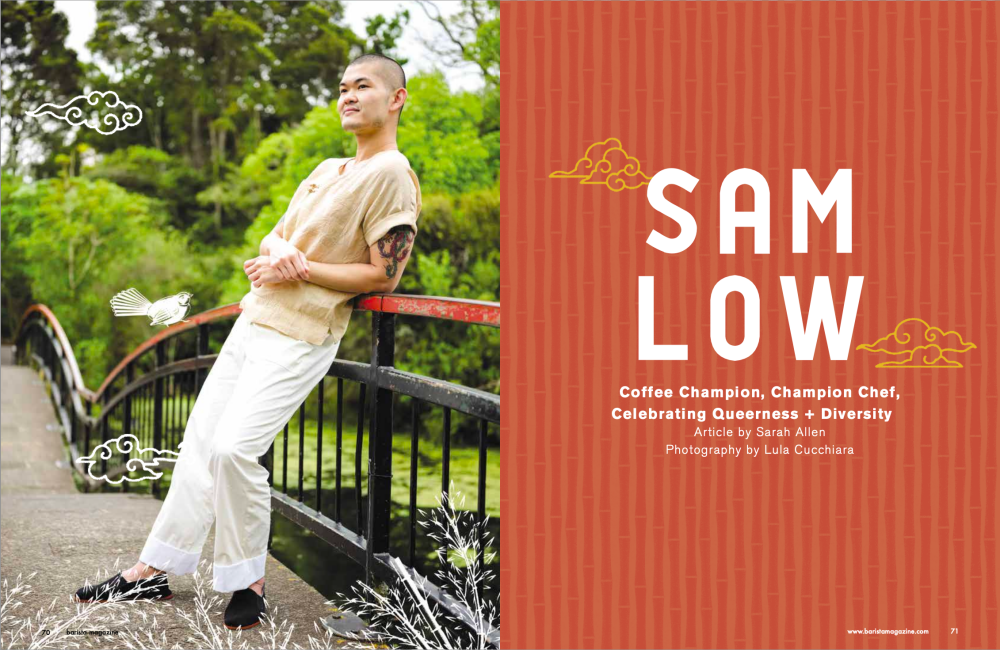This is the absolute fastest way to make French press iced coffee. Just forget about cold brew concentrate – with this Quick French Press Iced Coffee Recipe you can have your iced coffee ready in 5 – 6 minutes. Who doesn’t like the French press?! It’s...
Know Your Sweeteners: Honey: Part Two
Know Your Sweeteners: Honey: Part Two
Know Your Sweeteners: Honey: Part Two
Know Your Sweeteners: Honey: Part Two
Know Your Sweeteners: Honey: Part Two
Know Your Sweeteners: Honey: Part Two
I Tested Keurig K Compact – Here’s Everything You Need To Know
The most affordable Keurig coffee maker is available exclusively at Walmart and comes at a sweet price of only $59.00. In this article, you’ll find out how good it really is, and also find additional information like how to clean it, or do you need a water...
Here’s How to Change Keurig 2.0 Water Filter Easily
Not sure how to change Keurig 2.0 water filter? Here are step-by-step instructions that will help you do it quickly and easily. Keurig water filter should be changed every 2 months or 60 tank refills. The water filter is located inside the water tank, on the valve at...
The coffee rose for assessing Anaerobic coffee
I just came across this really neat tool to assess anaerobic coffees. I haven't used it for cupping yet. I'm not sure I will like it either because the idea of lowering the score of the coffee just because it tastes has some thyme flavors. At the same time I...
Three US Coffee Championship Events Are Heading To Rancho Cucamonga
This article is from the coffee website Sprudge at http://sprudge.com. This is the RSS feed version. The 2024 US Barista Championship, Brewers Cup, and Cup Tasters will take place March 15-17 at Klatch Coffee Roasters in Rancho Cucamonga, California.
The Origin Story of Turtle Island Coffee in Vancouver, B.C.
A new Indigenous-owned coffee company based in Vancouver, British Columbia, called Turtle Island Coffee has launched with the goal of exposing more people to high quality specialty coffee and Indigenous...
Get Ready for The Barista League’s 2024 Season
The Barista League has announced 12 competitions across four continents. BY J. MARIE CARLANBARISTA MAGAZINE ONLINE Photos courtesy of The Barista League When The Barista…
Get Ready for The Barista League’s 2024 Season
The Barista League has announced 12 competitions across four continents. BY J. MARIE CARLANBARISTA MAGAZINE ONLINE Photos courtesy of The Barista League When The Barista…
Get Ready for The Barista League’s 2024 Season
The Barista League has announced 12 competitions across four continents. BY J. MARIE CARLANBARISTA MAGAZINE ONLINE Photos courtesy of The Barista League When The Barista League announces new events, it’s worth paying attention! This year, the schedule will be...
Weekly Coffee News: EUDR and Africa + More Celebrity Coffee
Welcome to DCN’s Weekly Coffee News. Keep up with all the latest coffee industry stories and career opportunities by subscribing to DCN’s newsletter. Tell our editors about your news here. Report: Small-Scale Farmers in...
Do Higher Coffee Prices Mean More Money For Farmers? A Story From Sumatra Shows It’s Complicated
This article is from the coffee website Sprudge at http://sprudge.com. This is the RSS feed version. Since coffee costs more now than ever, do those coffee prices impact the amount of money earned by coffee farmers?
Coffee News Recap, 2 Feb: Applications open for Australia’s Richest Barista 2024, De’Longhi reports 4.6% revenue increase after La Marzocco move & other stories
Every Friday, Perfect Daily Grind rounds up the top coffee industry news from the previous week. Here are this week’s coffee news stories. The word of the week is: expansion. Mon, 29 Jan AeroPress launches limited-edition Clear Pink brewer. The coffee brewer is made...
Watch The 8 Best Coffee Videos Vying For Sprudgie Awards
This article is from the coffee website Sprudge at http://sprudge.com. This is the RSS feed version. The best coffee videos from 2023 featuring Cafe Imports, Aramse, Nguyen Coffee Supply, Wildly, Mirror Coffee Roasters, Alto Stories, Quek Shio, and Cafe Retiro.
Robusta is great and has untapped potential
I live in the US and my typical choice of coffee is lightly roasted Ethiopian pour overs. I generally love acidity and fruit flavors in my coffee. My experience with Robusta has often been poor. Very dark, roasty and maybe chocolatey. I participated in the Hoffman...
Design Details: Brewing Reinvented at ULA Café in Melbourne
Welcome to Design Details, an ongoing editorial feature in Daily Coffee News focused on individual examples of coffee shop architecture, interior design, packaging design or branding. If you are a coffee...
Robert Downey Jr.’s New “Happy Coffee” Is Really Depressing
This article is from the coffee website Sprudge at http://sprudge.com. This is the RSS feed version. Robert Downey Jr. and Craig Dubitsky team up for Happy Coffee.
Out Now: The February + March 2024 Issue of Barista Magazine!
In our new issue we feature Lisa Lawson from Glasgow, Scotland, take a look at the newest grinders, explore spring drink inspiration, see how more women are getting involved in coffee tech, and much more! BY SARAH ALLENBARISTA MAGAZINE We’re stoked to announce the...
The coffee industry’s biggest competition: The story of the World Barista Championship
Every year, the global coffee industry gears up for one of its most exciting and groundbreaking competitions: the World Barista Championship. For more than two decades, the WBC has been one of the biggest catalysts for change and innovation in specialty coffee, and...
The 2023 Specialty Coffee Transaction Guide Has Landed
The 2023 edition of the Specialty Coffee Transaction Guide (SCTG) guide went live today, providing actors throughout the coffee chain a data-driven tool for green coffee price discovery. The full...
Espro great until I needed replacement filter ☹️
I've had an Espro P7 for nearly four years after seeing glowing praise on this sub (to which I later contributed). Before I bought the P7 I looked at the replacement parts available and they seemed like a solid company in that they sold e.g. replacement filters...
New Bill Requires More Kona In Your Kona Coffee
This article is from the coffee website Sprudge at http://sprudge.com. This is the RSS feed version. Currently a coffee only need to be 10% Kona to be labeled as such.
What’s the best and worst part about owning and running a coffee shop?
I'm not interested in getting into it myself, as I have no experience in the service industry, no real appetite for risk and no desire to run a business in general. But sometimes I think about it and I wonder what's the most enjoyable thing about it and...
minimum dose size?
I use the Hario switch to brew my coffee and am trying to reduce my caffeine consumption. Hence I would like to brew smaller cups of coffee. I am currently using 10g of coffee with 160g of water. (1:16 Ratio) I am wondering if there is a minimum amount of coffee...
[CAFE OWNERS] Background before starting a shop?
I’ve worked in coffee for 6 yrs as a barista and shift supervisor and have passion for it. I’ve decided that I want to open my own place in the future and so I’ve been doing the research to make a business plan. Lately, however, I’ve begun to realize just how many...
Know Your Sweeteners: Honey: Part Two
We continue our deep dive into honey, bringing to light environmental and animal rights concerns related to the product, and how the industry is addressing them.
BY EMILY JOY MENESES
BARISTA MAGAZINE ONLINE
Feature photo via Unsplash
This week we started our discussion of honey, uncovering how it’s produced, the differences between varieties of honey, and what exactly “raw honey” is. Today, we’re continuing our exploration by turning our attention to environmental concerns.
Though honey has been a café and culinary staple for as long as most of us can remember, the ingredient has come under fire in recent years, with questions of sustainability emerging. So what’s the truth—is honey actually bad for the environment? When uncovering the answer, there are a few things to consider.
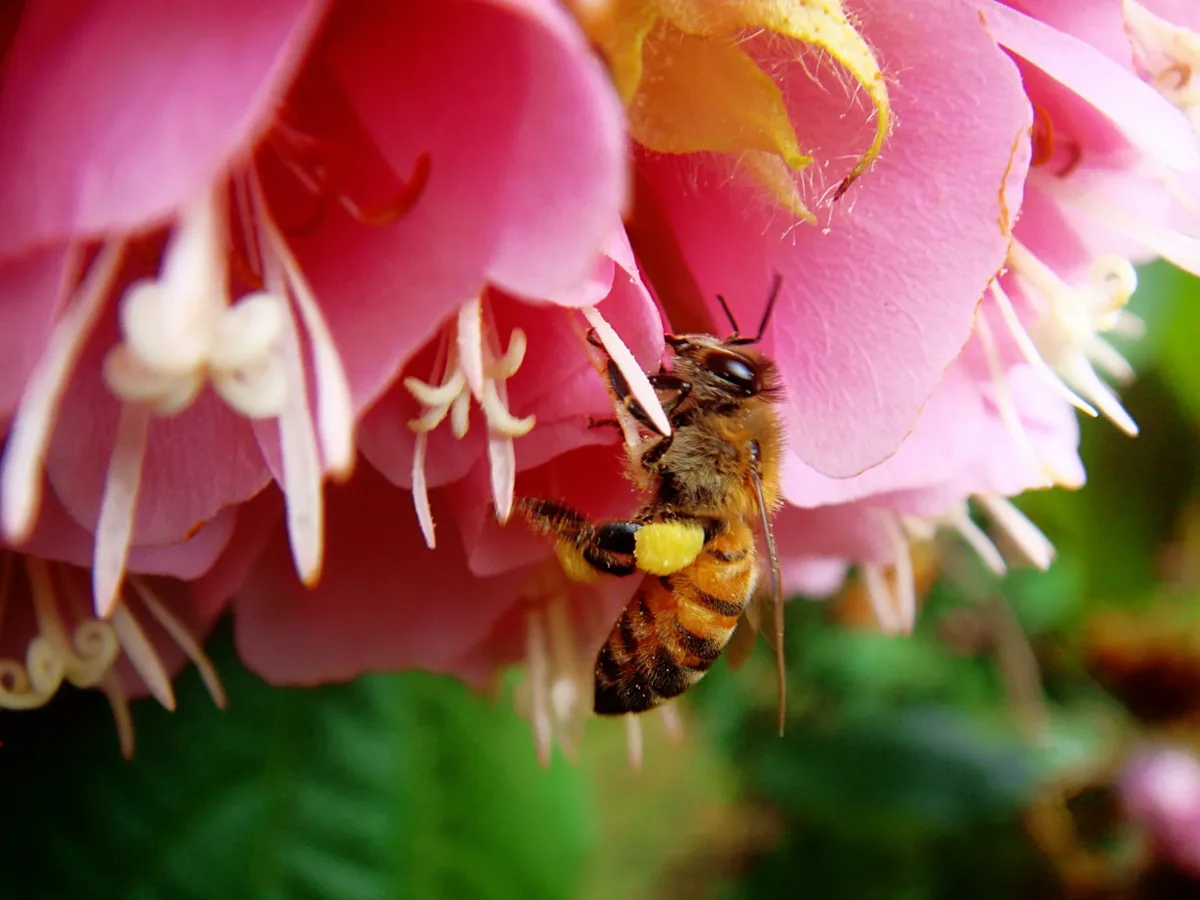

“Save the Bees”: Distortions in Messaging
Chances are that you’ve heard of the “Save the Bees” movement, a call to help preserve and restore bee populations, under the pretense that bees’ pollination of flowering trees and plants is essential to maintaining biodiversity. However, in this article for Scientific American, Alison McAfee, Ph.D., a honey bee researcher and postdoctoral fellow at North Carolina State University’s Department of Entomology and Plant Pathology, points out the distortions in the campaign’s messaging and how it’s harming, rather than helping, the environment.
According to Alison, the media disproportionately covers the need for honey bees over native bees, though only about 5% of the global bee population is made up of honey-producing bees. As a result, hundreds of thousands of Americans have taken up honey beekeeping as a hobby, believing it to be a conservation practice. In reality, native bees are the ones at risk of extinction and in need of attention and support. The increased presence of honey bee colonies has also led to increased competition between native bees, with honey bees monopolizing floral resources and taking sustenance away from already-in-decline native bee populations.
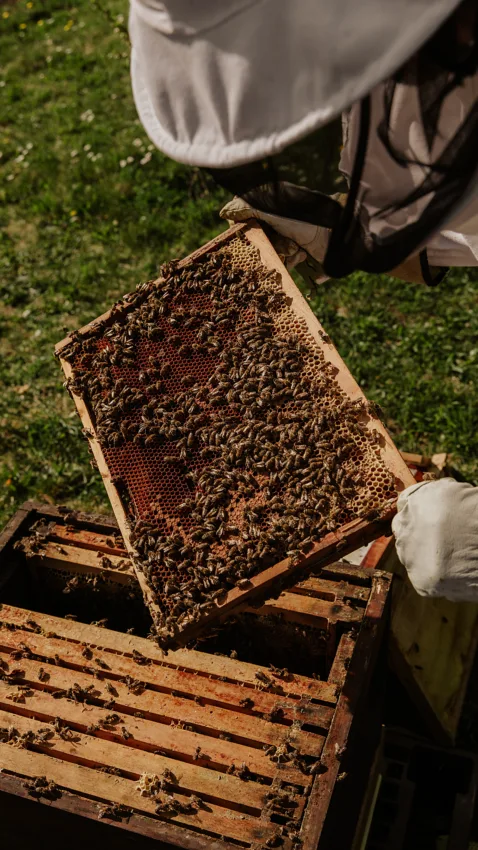

While “Save the Bees“ has good intentions, it’s important to note that honey bees aren’t the only ones in need of saving. If biodiversity is what we’re after, we need to turn our attention to native bees, too.
A Double-Edged Sword
Even amidst concerns around honey beekeeping and honey production, it’s important to compare honey’s effect on the environment to other sweeteners. While honey has its own problems, many still point to the fact that it’s more sustainable than sugar for a number of reasons.
First off, honey production doesn’t require land cultivation the way that sugar production does. Sugarcane fields require acres of land, leading to deforestation and the destruction of thousands of animals’ natural habitats. In addition, honey production emits fewer greenhouse gasses compared to sugar production. It requires less equipment and, typically, less travel; most sugar in North America has to be imported from South and Central America, Australia, and the Caribbean.
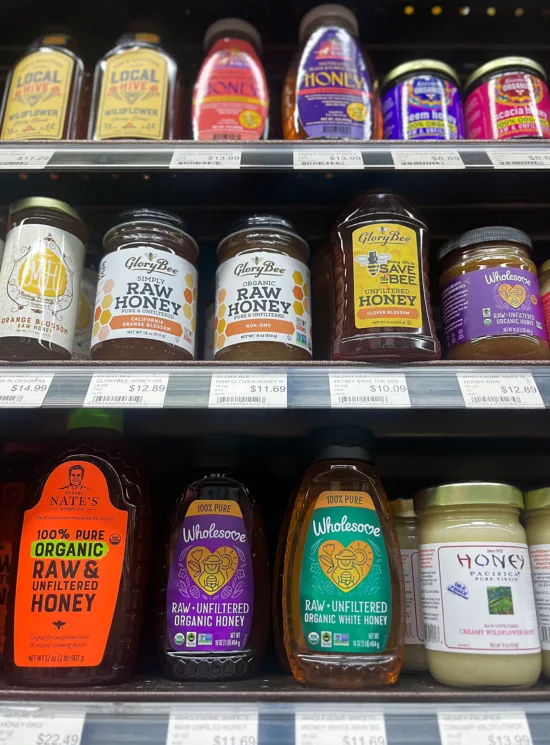

Making Choices as a Consumer
We can’t tell you what the right answer is for you when it comes to honey consumption—but, knowing the varying sides of the debate, you can make more informed decisions in your everyday life. Stay tuned for future installments of our “Know Your Sweeteners” series, where we’ll discuss molasses, agave, and more.
ABOUT THE AUTHOR
Emily Joy Meneses (she/they) is a writer and musician based in Los Angeles. Her hobbies include foraging, cortados, vintage synths, and connecting with her Filipino roots through music, art, food, and beverage.
Subscribe and More!
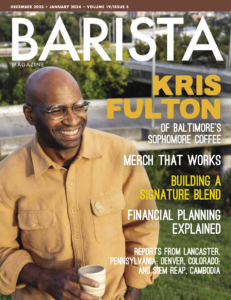

Out now: It’s the December 2023 + January 2024 issue! Read it for free with our digital edition. And for more than three years’ worth of issues, visit our digital edition archives here.
You can order a hard copy of the magazine through our online store here, or start a subscription for one year or two.
The post Know Your Sweeteners: Honey: Part Two appeared first on Barista Magazine Online.

